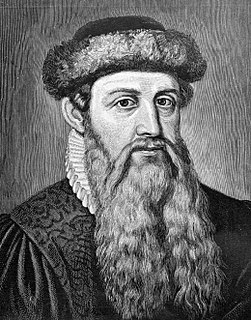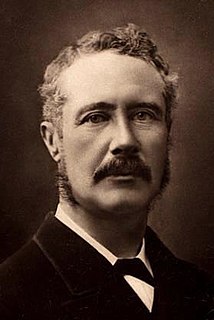A Quote by E. P. Thompson
The foulest damage to our political life comes not from the 'secrets' which they hide from us, but from the little bits of half-truth and disinformation which they do tell us. These are already pre-digested, and then are sicked up as little gobbits of authorised spew. The columns of defense correspondents in the establishment sheets serve as the spittoons.
Related Quotes
Let us, then, fellow citizens, unite with one heart and one mind. Let us restore to social intercourse that harmony and affection without which liberty and even life itself are but dreary things. And let us reflect that having banished from our land that religious intolerance under which mankind so long bled, we have yet gained little if we counternance a political intolerance as despotic, as wicked, and capable of a bitter and bloody persecutions.
Religious truth is captive in a small number of little manuscripts which guard the common treasures, instead of expanding them. Let us break the seal which binds these holy things; let us give wings to truth that it may fly with the Word, no longer prepared at vast expense, but multitudes everlastingly by a machine which never wearies to every soul which enters life.
You cannot be a party which takes money from Wall Street, which is not strong on the pharmaceutical industry, which is ripping us off every day, which is not strong on health care in taking on the insurance companies, which has not shown a desire to stand up and fight the economic establishment, and then tell working families that you are on their side. People see through that.
We are on the earth, and they tell us of heaven; we are human beings, and they tell us of angels and devils; we are matter, and they tell us of spirit; we have five senses whereby to admit truths, and a reasoning faculty by which to build our belief upon them; and they tell us of dreams dreamed thousands of years ago, which our experience flatly contradicts.
At the center of our being is a point of nothingness which is untouched by illusion, a point of pure truth, a point or spark which belongs entirely to God, which is never at our disposal, from which God disposes of our life, which is inaccessable to the fantasies of our own mind or the brutalities of our own will. This little point of nothingness and of absolute poverty is the pure glory of God in us.
The Louvre is the book in which we learn to read. We must not, however, be satisfied with retaining the beautiful formulas of our illustrious predecessors. Let us go forth to study beautiful nature, let us try to free our mids from them, let us strive to express ourselves according to our personal temperaments. Time and reflection, moreover, little by little modify our vision, and at last comprehension comes to us.
Too frequently we think we have to do spectacular things. Yet if we remember that the sea is actually made up of drops of water and each drop counts, each one of us can do our little bit where we are. Those little bits can come together and almost overwhelm the world. Each one of us can be an oasis of peace.
One-half of life is admitted by us to be passed in sleep, in which, however, it may appear otherwise, we have no perception of truth, and all our feelings are delusions; who knows but the other half of life, in which we think we are awake, is a sleep also, but in some respects different from the other, and from which we wake when we, as we call it, sleep. As a man dreams often that he is dreaming, crowding one dreamy delusion on another.
A little thorn may cause much suffering. A little cloud may hide the sun. Little foxes spoil the vines; and little sins do mischief to the tender heart. These little sins burrow in the soul, and make it so full of that which is hateful to Christ, that he will hold no comfortable fellowship and communion with us. A great sin cannot destroy a Christian, but a little sin can make him miserable.
When we awake it is the animal, the plant, that thinks in us. Primitive thought without the least disguise. We see a terrible universe, because we see clearly. A little later, intelligence introduces its impeding contrivances. It brings the little toys which man invents in order to hide the void. It is then that we think we are seeing clearly. We attribute our uneasiness to the miasmas of the brain as it passes from dream to reality.








































